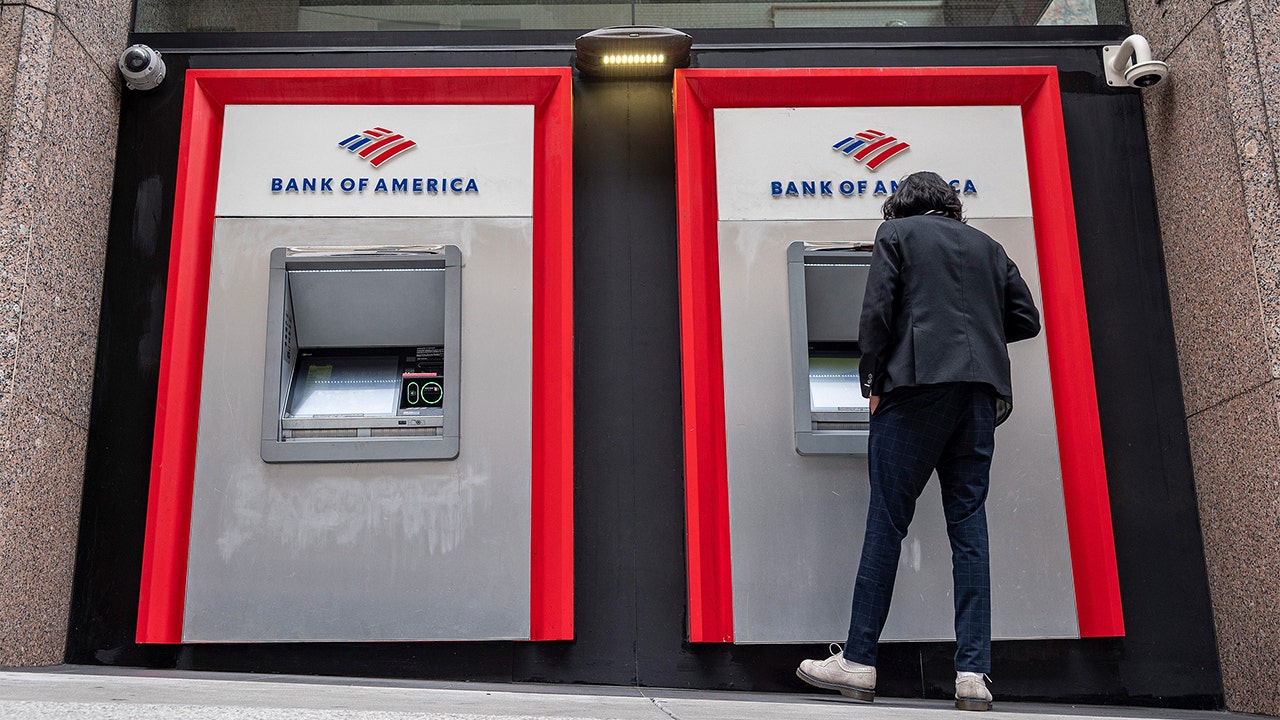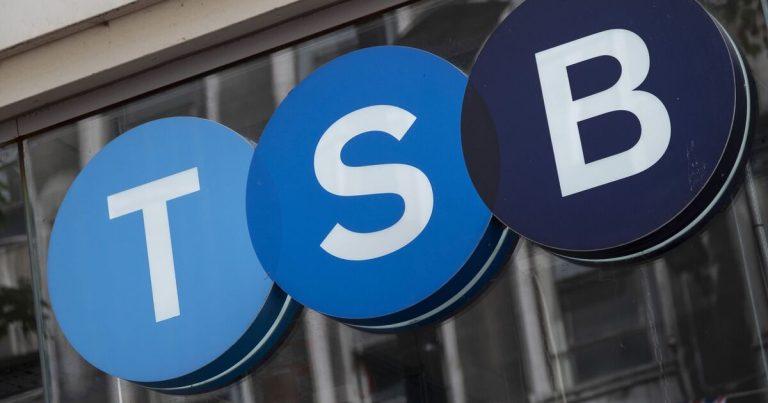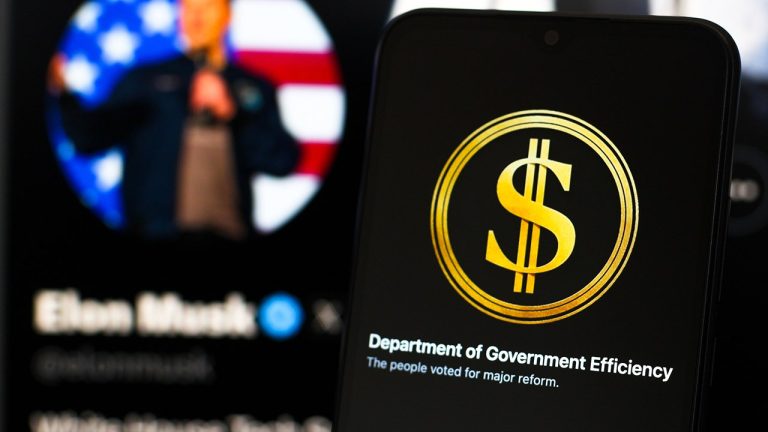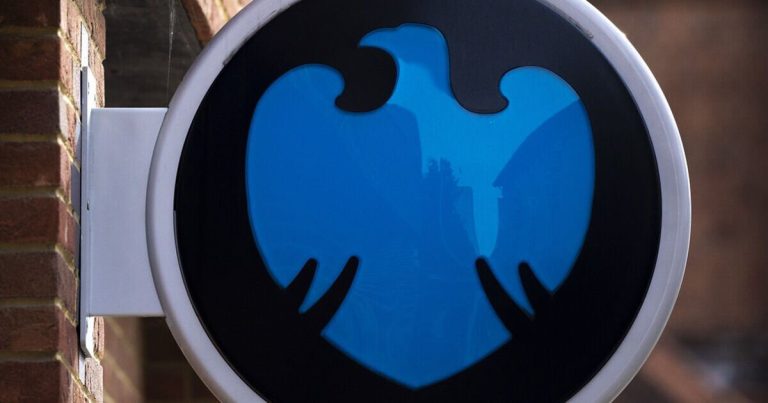
Check out what’s clicking on FoxBusiness.com
The Biden administration unveiled a new proposal on Wednesday aimed at cutting overdraft fees that banks charge, to as little as $3.
The Consumer Financial Protection Bureau (CFPB) rule would close a regulatory loophole that exempts overdrafting lending services from provisions of the Truth in Lending Act of 1968. The loophole has allowed banks to generate an estimated $8 billion in revenue annually by charging fees – typically about $35 – when a transaction or withdrawal causes a customer’s account balance to go negative.
Under the proposal, banks could still charge an overdraft fee – so long as they comply with federal consumer protections for lending, including disclosing interest rates. Financial institutions could either charge consumers the actual cost to cover an overdrawn account, or agree to a limit set by the CFPB.
CREDIT CARD DELINQUENCIES SURGE AS AMERICANS BATTLE HIGH INFLATION, HIGH INTEREST RATES

People walk past a Wells Fargo bank on Broadway on Dec. 20, 2022 in New York City. (Photo by Michael M. Santiago/Getty Images / Getty Images)
The federal government has not finalized a limit yet, but is proposing benchmarks of $3, $6, $7 or $14. The rule change is estimated to save families about $3.5 billion annually, or about $150 each for the roughly 23 million households that pay overdraft fees, according to calculations from the CFPB.
“For too long, some banks have charged exorbitant overdraft fees – sometimes $30 or more – that often hit the most vulnerable Americans the hardest, all while banks pad their bottom lines,” President Biden said in a statement. “Banks call it a service – I call it exploitation.”
A recent study conducted by Bankrate found that overdraft fees are still charged on about 91% of bank accounts – and can run as high as $38. The average overdraft fee fell to $26.61 in 2023, the lowest level in 19 years and an 11% drop from the prior year.
A FED PAUSE LIKELY WON’T HELP STRUGGLING CONSUMERS
The proposed rule would apply to financial institutions with more than $10 billion in assets, which covers about the 175 largest depository institutions in the country.

The Biden administration is proposing a new rule that would limit overdraft fees charged by banks to as little as $3. (AP Photo/Patrick Semansky / AP Newsroom)
However, the proposal has elicited fierce criticism from industry groups, which are gearing up for a legal fight over the matter.
In a letter addressed to CFPB Director Rohit Chopra at the beginning of January, a group of financial lobbying groups suggested the proposal’s impact on small businesses has not been adequately considered, thus violating an arcane aspect of administrative law.
GET FOX BUSINESS ON THE GO BY CLICKING HERE
“These steps promote the issuance of rules that minimize the costs and burdens on small businesses and promote access to credit,” the groups wrote in the letter.
It was signed by the American Bankers Association, America’s Credit Unions and the Independent Community of Bankers.








